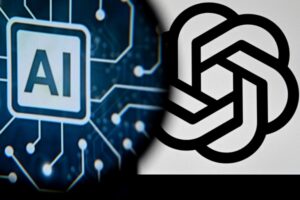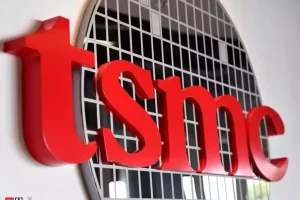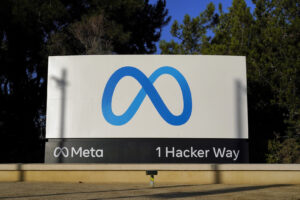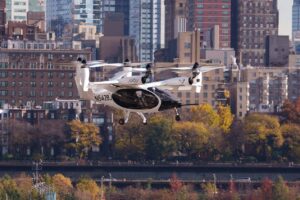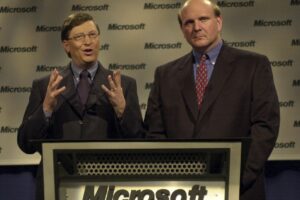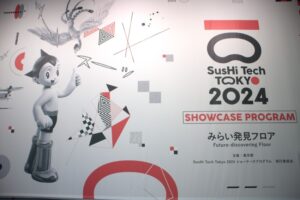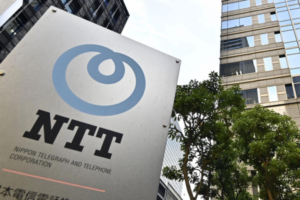Tokyo, 6 December, /AJMEDIA/
Central Japan, the region in which the new anime-themed park famous for its sci-fi fantasy machines and vehicles debuted last month, is quickly becoming the homeland of startups paving the way towards the future of mobility.
Last week, the Japan External Trade Organization (JETRO), together with the Central Japan Startup Ecosystem Consortium, organized a tour to show the media how this lesser-known part of Japan, compared to Tokyo, Osaka or Kyoto, was rapidly giving birth to local entrepreneurs – as the result of education, collaboration, and homegrown determination. The century-old industry and network of suppliers in Aichi, Nagoya and Hamamatsu is also opening up to collaborate with startups from all corners of the world.
Yukiko Konishi, vice director of the Startup Promotion Office at Nagoya University, or NU, explained how rival universities in the central Japan region started to join forces to form the Tokai Network for Global Leading Innovation Platform (Tongali) in 2015. Today, 18 universities stand behind a vision to “cultivate human capital that creates and delivers value leading to the future and enriching people, society, and earth” through entrepreneurship education. In 2020, over 4000 high school students to scholars and graduates participated in Tongali’s educational events and programs. As a Tongali co-founder and Startup consortium member, she noted NU was a staple in the outcome of this endeavor. 67 entrepreneurs (as of November 2022) who took flight from NU including Optimind, a Forbes 30 Under 30 Asia 2020, and Acompany, a Forbes 30 Under 30 Japan 2021.
Three NU startups shared their stories. Deep-tech startup Tier IV’s chief strategy officer, Ko Miyoshi, explained their world’s first open-source software for autonomous driving, which runs on multiple platforms and provides full-stack solutions for the commercialization of intelligent vehicles. Called Autoware, its the equivalent of “Intel inside” for autonomous driving, adopted by over 500 companies across the globe. Toyota’s battery-electric shuttle buses and Robo Taxi also partner with TIER IV, while Taiwanese manufacturer Foxconn has agreed to a joint development project for autonomous personal cars with a precondition of Autoware in future EV platforms.
On the Delivery Robot front, the spotlight fell on Dr Jude Nwadiuto from Nigeria, a postdoctoral fellow at Nagoya University. Receiving a Ph.D. in autonomous driving and robotics from Nagoya University, the founder and CEO of Fainzy Technologies demonstrated how the warm and cute-looking Mira X and ZiBot models were more seriously gun-ho than meets the eye, going beyond just delivering the payload. Mira X’s artificial intelligence (AI) can avoid getting stuck by predicting its path and detecting when food is taken, with a 3D Holographic fan for advertising quality. And ZiBot can make highly accurate decisions from AI-based demand forecast data collected through 360-degree environment sensing.
Another lab-born startup, PotStill’s demonstration was a fine blend of technology and psychology. PotStill was established in August 2020 to develop a “driver agent that promotes the improvement of driving behavior”, and elemental technology for reducing accidents of elderly drivers based on human interaction research. PotStill director Takahiro Tanaka Ph.D., a designated professor at the Institute of Innovation for Future Society at NU, took participants on a test drive with an adorable 8-inch-tall robot alerting for speeding or stop signs in a relatively narrow residential area.
Collaboration
The city of Nagoya’s Innovation Department stressed Central Japan’s startup ecosystem provides everything a startup needs. On top of the local government’s generous support, the region has everything from startup hubs and venture finance to business matching sessions with highly trained workers in many specialized fields, such as mobility. Representatives from Aichi prefecture and Japan’s largest incubation hub-to-be, STATION Ai, added that “the region invites entrepreneurs and capitalists from all corners to facilitate state-of-the-art open innovation by infusing new ideas with local craftsmanship.” Participants witnessed a few examples:
Home-grown startup SkyDrive’s Hiroyuki Murai, chief strategy officer, showed renderings of their new SD-05 two-seater flying car scheduled to fly at the 2025 World EXPO. His team comprises industry specialists from diverse backgrounds, including Bombardier and BAE Systems. But he also stressed that they would not have come this far without the partner ecosystem supporting them in mass production, flight control, charging facilities, parts procurement, leasing, and port architecture.
Koji Ishizuka, senior director of the Electrification Systems Business Group at DENSO, praised Urban Air Mobility (UAM) startups for accelerating technological advances, which would take far longer with larger established enterprises. Ishizuka described how their alliance with Honeywell led them to develop a propulsion solution for German air taxi startup Lilium’s All-Electric Jet. DENSO and Honeywell have global project teams in Japan, the EU, and the United States, to expand their Electric Propulsion Unit supply for a growing UAM market demand.
In addition to the collaborative nature of the local business community, Dr. Yoshihiro Takiguchi, president of The Graduate School for the Creation of New Photonics Industries (GPI), described how the city’s location, landscape, and climate, made it a microcosm of the nation. “The unique environment, combined with close ties between academia, industry, government, and finance, makes the region a perfect testing ground for startups, regardless of where they are headquartered,” added Hamamatsu City officials.





